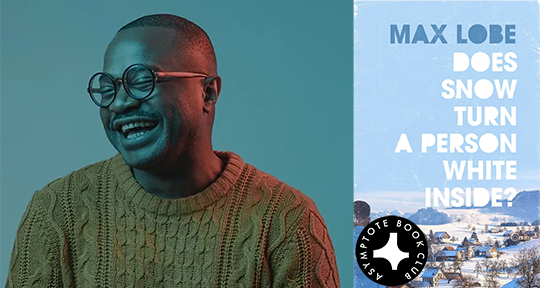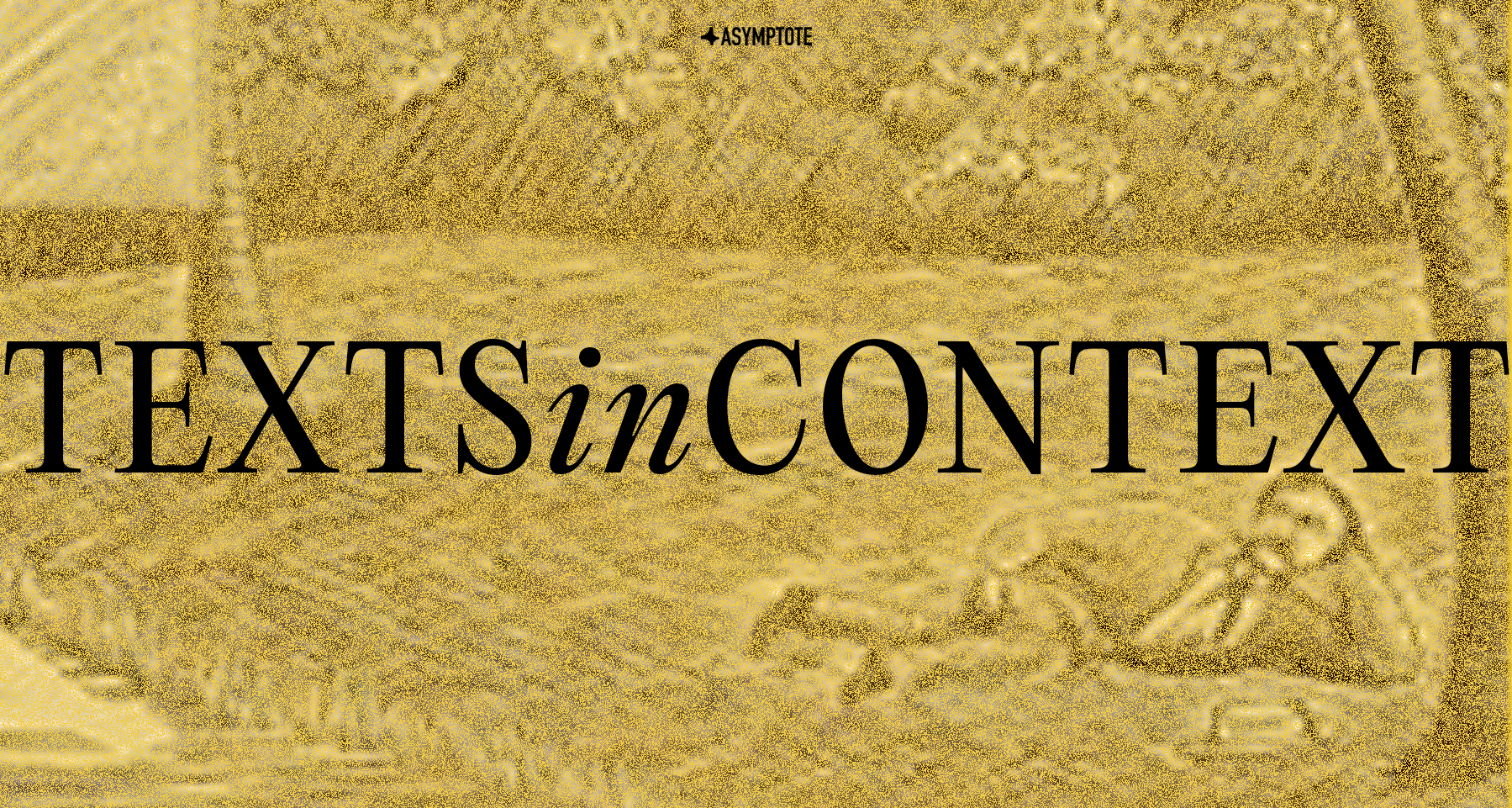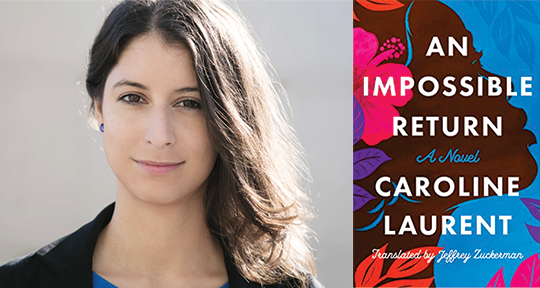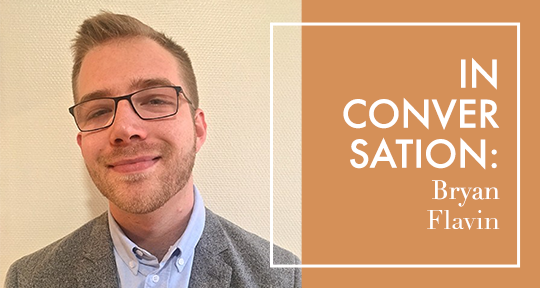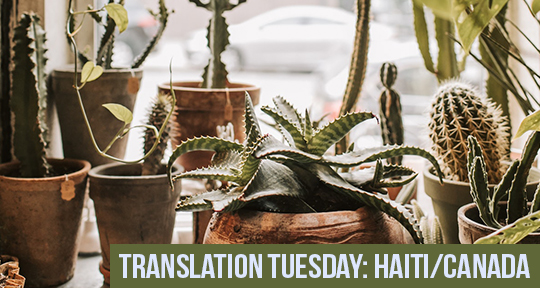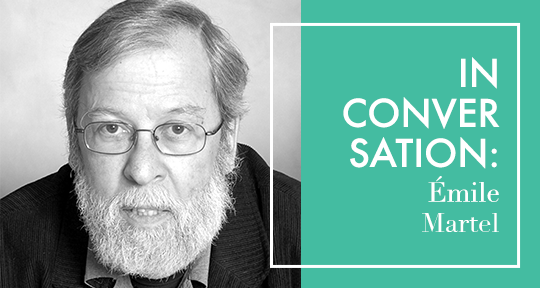Earthquake, war, disease, unrequited love, even a man-made hell conjured through scents—what haven’t the protagonists in our Winter 2023 edition been through? Tagged #TheReturn, this issue is not only a celebration of human resilience but also of our twelve years in world literature. Helping us mark this milestone are César Aira, one of the most beloved names in the canon, and Geetanjali Shree, 2022 International Booker Prizewinner—both give us exclusive wide-ranging interviews. Amid new work from 34 countries, we also have stunning short stories from Alfred Döblin and Dalih Sembiring, powerful drama by Anna Gmeyner, a brilliant review of past contributor Johannes Göransson’s latest publication, and a Special Feature sampling the best in contemporary letters from a world literature hotspot sponsored by LTI Korea. All of this is illustrated by our talented guest artist Weims.
In Emmelie Prophète’s slow-burning fiction, “The Return” is a dramatic answering of prayers when a former Olympic athlete turns up unannounced before his mother a lifetime after his escape from Port-au-Prince. That same longed-for return is impossible for poet Fadi Azzam—“a Syrian / who had to flee his homeland / to countries that wish to flee from him.” In Juana Peñate Montejo’s poems of exile—our first work from the Mayan language of Ch’ol—on the other hand, it’s the self that requires summoning and remembering: “Bring the scent of amber, / return me to myself.” Re-membering, in the most literal sense, is foregrounded in Kim Cho Yeop’s macabre but fascinating story, one work in a sci-fi-tinged Korean Feature of startling breadth, wherein we are initiated into a community of amputees-by-choice, since “the body is hardly capacious enough to contain the human soul, which is so full of potential.” So full of potential, perhaps, that even a lover’s reincarnation on the 49th day of his death in the womb of a stranger seems possible in a transcendent story by the Mongolian writer Bayasgalan Batsuuri.
“Six months before his death in 1991, Menke Katz had a dream. In it, his long-dead mother admonished him to return to writing in his native language, Yiddish.” This dream resulted in the Oulipian poems that Jacob Romm has beautifully translated for this issue. Proving an exception to Shree’s claim that “the creative writer is instinctively drawn to her mother tongue,” Mohammed Khaïr-Eddine describes an opposite impulse in his essay: writing in French—a second language—is his deliberate choice, and he wouldn’t have it any other way. Anyway, isn’t the true writer one who is “always a stranger in the language he expresses himself in”? In any case, even if the process of writing is estranging, the outcome when a piece of writing finds its intended reader can be sublime. For Lynn Xu, “the act of reading is the act of making kin . . . For example, when I read [César] Vallejo, I recognize that he is my mother . . .” By utter coincidence or divine fate, César Vallejo is also featured in these very pages, translated by another César, the intrepid César Jumpa Sánchez, who is determined to project Vallejo’s breakthrough collection, Trilce, to, in his own words, “a network of planetary outreach.”
Just as “encyclopedism has been the permanent horizon of [César Aira’s] work,“ the asymptotic impulse to realize a world literature that truly reflects the world has been our north star from the get-go. If our very existence has connected you with your kindred authors, help us get to our big 5 0 (in issues, not years!), just around the corner. The best way to support us is to sign up as a sustaining or masthead member—the New Year brings new perks and we’ll even put together a care package (rabbit theme optional) for supporters at the USD500-a-year tier and above. Thank you for being with us all these years!



